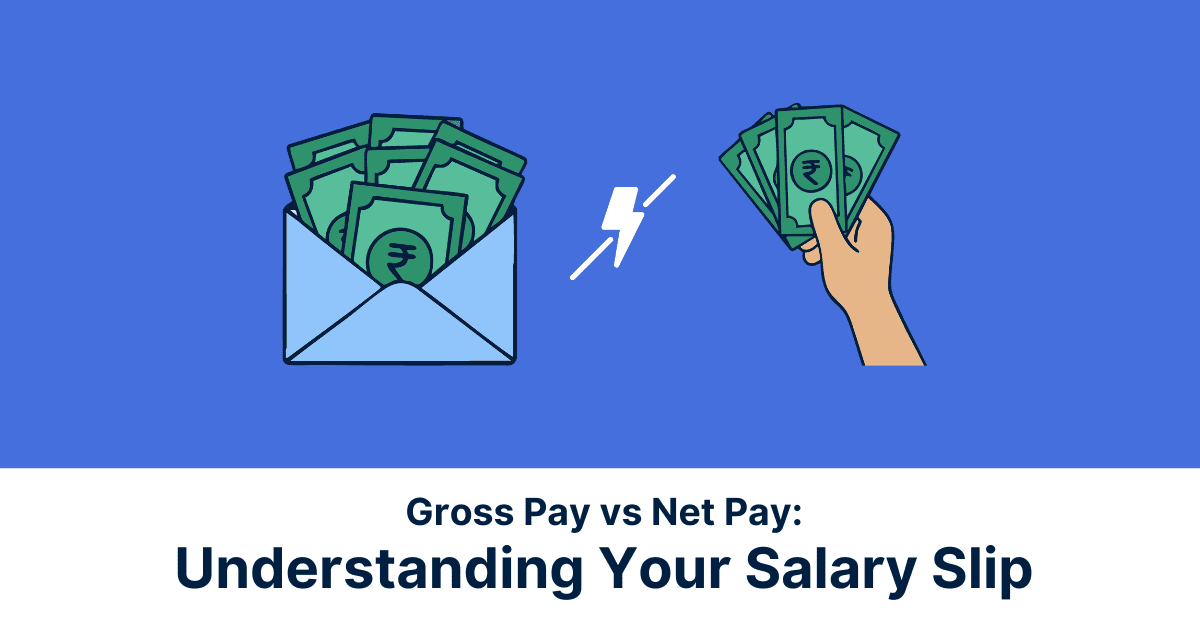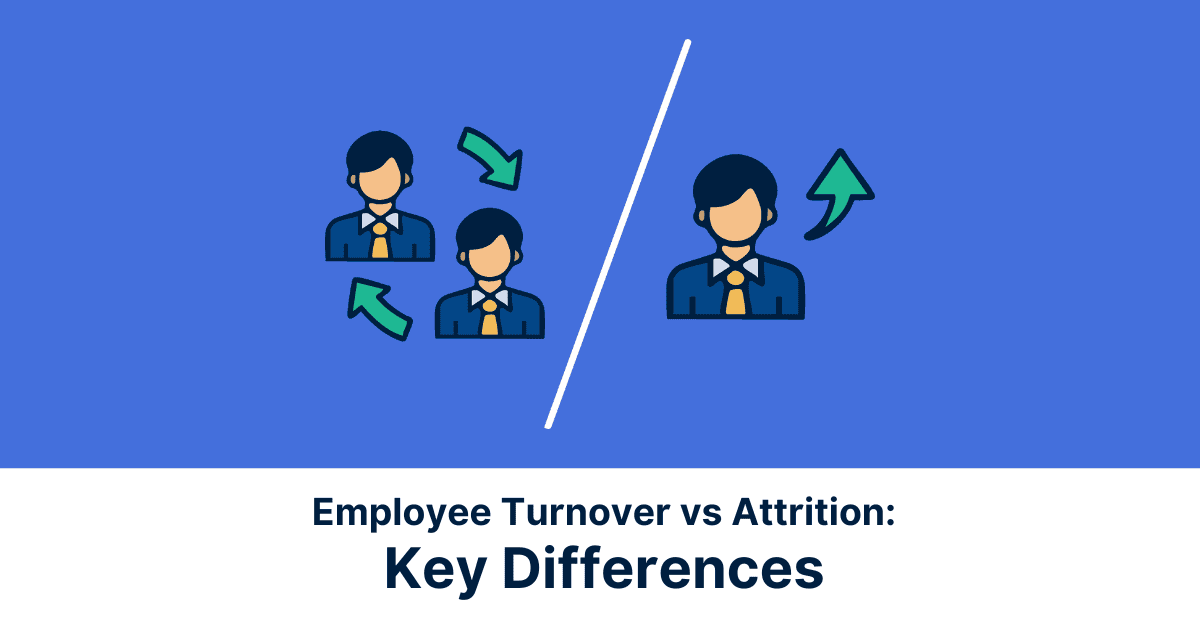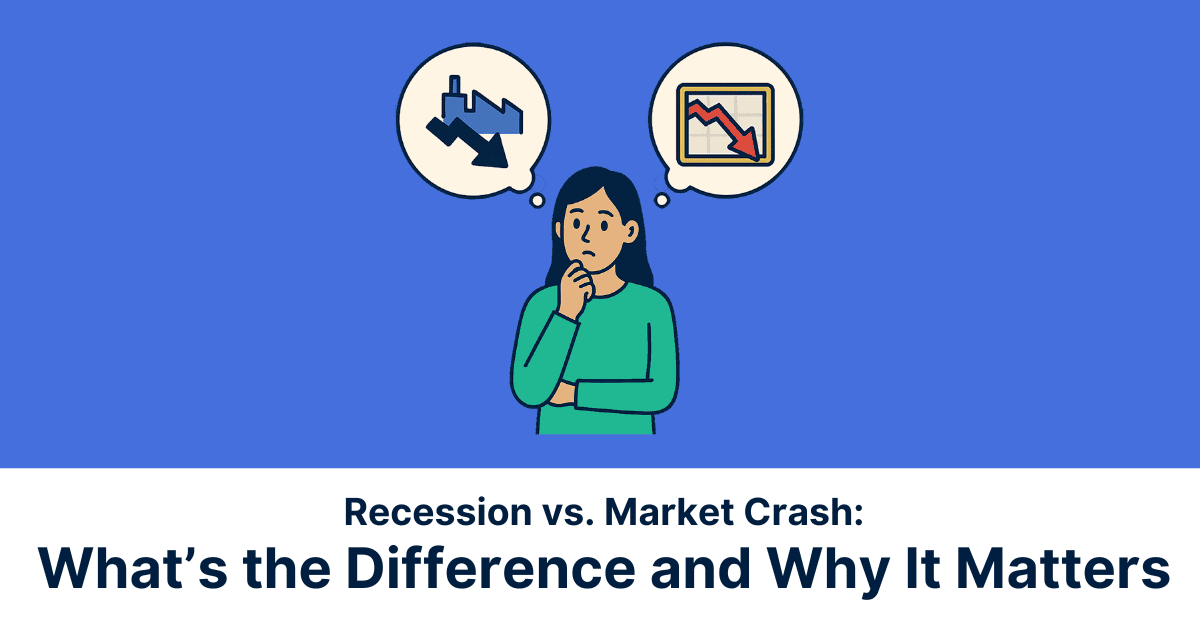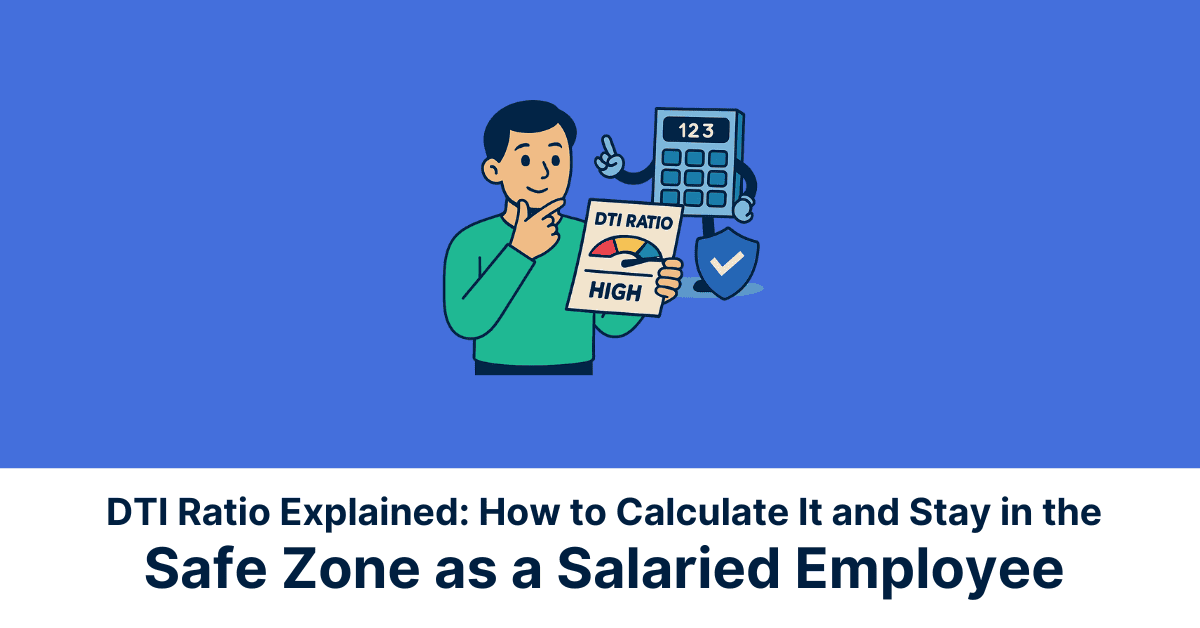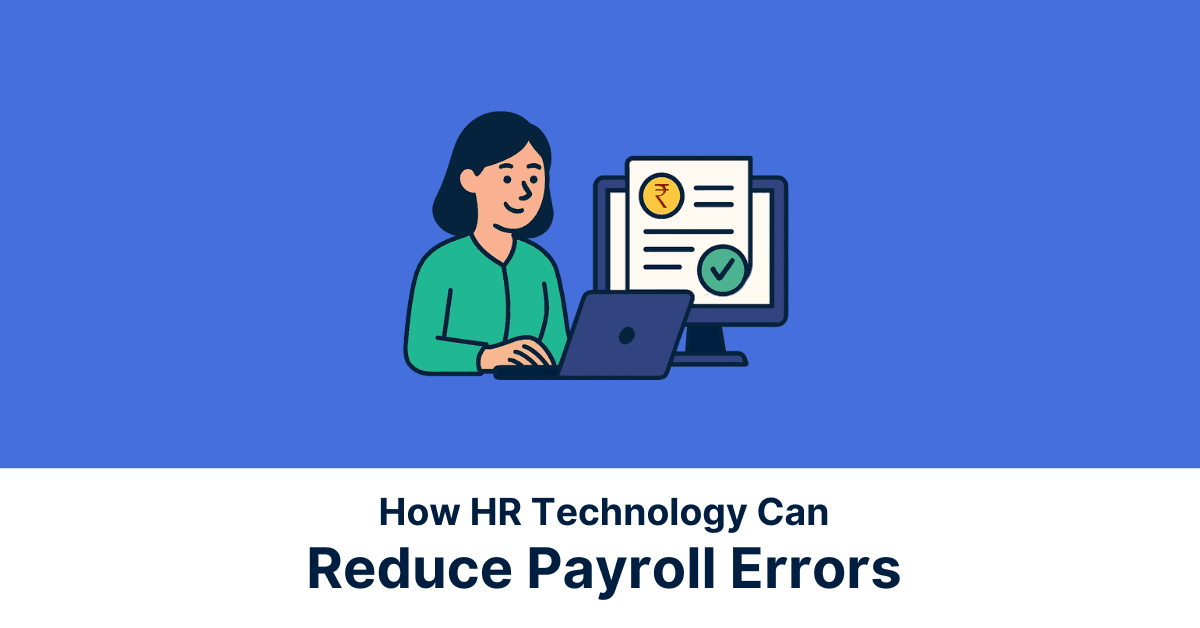As a small business owner, managing cash flow and ensuring employee satisfaction can be challenging. One solution to gaining awareness is Earned Wage Access (EWA) or On-demand Salary, a program that allows employees to access their earned wages before the traditional payday. While it may seem like a complex benefit to offer, EWA is becoming increasingly accessible, even for small businesses.
EWA addresses key financial challenges by providing employees with financial flexibility, reducing the need for high-interest loans, and alleviating stress related to cash shortages. For small businesses, this means higher employee retention, reduced turnover costs, and improved productivity.
Understanding Financial Challenges for Small Businesses
1. Cash Flow Management Issues
Maintaining a steady cash flow is one of the most critical factors for the survival and growth of a business. Cash flow is the lifeblood of any company, enabling it to meet day-to-day expenses, invest in growth opportunities, and cushion against unforeseen financial challenges. However, a common and often underestimated challenge that disrupts this cash flow is the delay in receiving payments from customers. This issue can have significant ramifications, especially for small to medium-sized enterprises
When cash flow is tight, one of the first areas to be impacted is employee compensation. Delayed or inconsistent payroll can lead to increased financial stress for employees, negatively affecting morale and job satisfaction. Employees facing personal financial hardships are less likely to feel secure and motivated, which can result in lower productivity, disengagement, and even higher turnover. To maintain a stable and motivated workforce, businesses must find ways to mitigate cash flow issues while ensuring timely compensation.
2. High Employee Turnover
Employee turnover is a silent killer for small businesses. It drains resources, disrupts productivity, and erodes team morale. The costs are staggering: For every employee lost, you’ll spend about 33% of their annual salary finding and training a replacement. Small businesses usually grapple with high turnover rates, which can significantly impact their operations and profitability. Some of the main causes for high turnover can be:
- Low employee satisfaction, lack of engagement, and poor workplace culture are key drivers of high turnover.
- Inadequate compensation, limited growth opportunities, and work-life imbalance also contribute to employee attrition.
- The most common cause of employee turnover is often a combination of multiple factors rather than a single issue
Small businesses may find it harder to compete with larger companies that can offer higher pay and more benefits, further adding to the retention challenge.
3. Challenges in Attracting and Retaining Talent
There are several reasons why recruiting is a challenge for small businesses. The first is the rising skill gap facing employers. Employees don’t arrive equipped with all the skills that small business owners would like.
Retention is also a challenge. Once hired, employees may be tempted to leave for better-paying positions or more attractive benefits packages at larger firms. This turnover can be costly and disruptive, especially for small businesses that rely on close-knit teams and individualised roles. Additionally, small businesses may find it difficult to offer career advancement opportunities, which can lead employees to seek growth elsewhere.
Rapid technological growth impacts big and small businesses, forcing employers and employees to race to keep up. And, in a world of unique, niche businesses that require specialised skills or knowledge, plug-and-play employees aren’t a reality. Small businesses also struggle to capture coveted top talent employees because the hiring and onboarding field has grown more competitive.
Financial Challenges Faced by Employees in SMEs
SMEs often lack collateral and financial history which makes it difficult for them to obtain loans from traditional financial institutions. Employees working for small and medium enterprises (SMEs) often face unique financial challenges due to the nature of these businesses. SMEs, which typically have fewer than 100 employees and lower revenue compared to large organisations, need help with cash flow and funding issues. These constraints directly impact employees, especially in terms of job security and compensation.
When SMEs are unable to secure adequate funding, they may struggle to invest in critical resources like new technology, equipment, or personnel, limiting their ability to grow. This funding gap can also affect their ability to meet financial obligations, such as paying employees on time. Irregular or delayed payroll cycles cause financial uncertainty for employees, making it harder for them to manage personal finances or handle unexpected expenses. As a result, many SME workers may have to rely on high-interest loans or credit, further exacerbating their financial stress.
The inability to offer competitive salaries, benefits, or bonuses due to limited funding can lead to lower employee satisfaction and morale. This financial instability not only affects productivity but also increases employee turnover, as workers seek more stable opportunities.
Impact of Financial Stress on Employee Productivity
Financial stress is a widespread issue among employees, affecting their productivity, attendance, and overall job satisfaction. When workers struggle with financial difficulties, they often feel overwhelmed and distracted, which directly impacts their job performance. The stress can result in reduced focus, lower quality of work, and decreased productivity, ultimately affecting the overall success of the business.
Absenteeism is another consequence of financial stress. Employees facing financial challenges may need to take time off to manage personal issues, or the stress may lead to health problems like anxiety, high blood pressure, or depression, all of which increase the likelihood of absenteeism. This not only disrupts the workflow but also adds pressure to the rest of the team.
Additionally, financial insecurity diminishes job satisfaction. Employees under financial strain may feel unsupported or undervalued. This often leads to higher turnover, which can further strain the business.
How EWA Can Benefit Small Businesses
1. Enhancing Employee Financial Wellness
Earned Wage Access (EWA) or salary on demand, improves employee financial wellness by offering workers early access to their earned wages, thus reducing dependency on loans or credit cards during financial emergencies. Many employees live paycheck to paycheck, often struggling to meet unexpected expenses, such as medical bills or car repairs. EWA empowers employees by providing them with control over their earnings, allowing them to access a portion of their wages before the traditional payday. This immediate access to funds reduces financial stress, anxiety, and the need for high-interest borrowing, which can trap employees in cycles of debt.
By reducing these financial burdens, employees are better able to focus on their work, leading to enhanced productivity, engagement, and job satisfaction. EWA ultimately fosters a healthier financial environment for employees, helping them to manage their money more effectively, which improves both their personal well-being and their overall contribution to the company.
2. Improving Employee Retention and Satisfaction
Earned Wage Access (EWA) plays a crucial role in improving employee retention and satisfaction. When employees have the ability to access their earnings on demand, they experience less financial stress and feel more secure. This increased financial stability boosts morale, leading to higher job satisfaction and loyalty. Employees are more likely to remain with employers who offer benefits that address their financial needs. High turnover rates are a costly issue for businesses, as they require significant time and resources to recruit, hire, and train replacements.
By offering EWA, businesses can significantly reduce turnover, as employees are more likely to stay with a company that helps them manage their financial lives more effectively. Additionally, employees appreciate the flexibility EWA provides, leading to increased engagement and a positive work environment. This, in turn, translates to improved productivity and long-term retention, benefiting the company’s overall performance.
3. Attracting Top Talent with EWA
In a competitive job market, Earned Wage Access (EWA) can be a key differentiator for small businesses looking to attract top talent. As job seekers increasingly prioritise financial well-being, businesses offering EWA are perceived as progressive and employee-centric. Potential hires are drawn to companies that provide financial flexibility, as it shows an understanding of modern financial challenges. This is particularly advantageous for small businesses that may struggle to compete with the higher salaries and extensive benefits packages offered by larger corporations.
EWA provides a tangible benefit that signals a commitment to employees’ financial health and overall well-being, making these businesses more attractive to high-calibre candidates. By offering EWA, small businesses can attract skilled, motivated individuals who seek financial stability. This gives them a competitive edge in recruiting talent, ultimately helping them build a loyal and engaged workforce, which is essential for long-term growth and success.
Implementing Earned Wage Access in Small Businesses
Choosing the Right EWA Provider
Selecting the right Earned Wage Access (EWA or an On-demand Salary provider is a crucial decision for small businesses looking to enhance their employee benefits. Key considerations include seamless integration with existing payroll and HR systems to avoid disruptions in operations. A provider should offer a user-friendly platform, both for HR teams to manage and for employees to easily access their wages.
Strong data security is gravely important, as sensitive payroll and employee information must be protected against breaches. It is also important to evaluate the cost structure of the provider—whether it’s per transaction or a flat fee—and ensure that the service aligns with the business’s budget without hidden costs. Additionally, a responsive customer support team is essential to assist with any technical issues or employee queries. Finally, businesses should ensure that the provider complies with local labour laws and regulations, ensuring a smooth, compliant, and secure implementation of EWA services.
Steps to Integrate EWA into Payroll Systems
- Choose a Compatible EWA Provider: Select an EWA provider that integrates seamlessly with your existing payroll software to ensure smooth data transfer and accurate wage calculations.
- Work with the Provider to Configure the System: Collaborate with your chosen provider to set up the EWA system in line with your payroll processes. This includes defining access limits (e.g., percentage of earned wages) and establishing safeguards to prevent overdraws.
- Determine Access Parameters: Decide how much of an employee’s earned wages will be accessible before payday, ensuring that the system aligns with company policies.
- Train Employees and HR Teams: Provide clear training and resources for both employees and HR personnel. Ensure they understand how the system works, its benefits, and how to use it effectively.
- Conduct Regular Testing and Monitoring: Regularly test the system to identify and resolve any issues. Monitor its performance to ensure it operates efficiently.
- Communicate with Employees: Clearly inform employees about the new EWA benefit, explaining how it works, addressing potential concerns, and encouraging feedback.
Jify is one of the fastest-growing EWA/On-demand Salary partners in India.
Jify understands that employees are the heart of a business. It has transformed payroll services with a cutting-edge on-demand salary solution, designed to reorganise the way businesses operate and employees experience financial well-being.
Imagine a workplace where financial stress is a thing of the past. Jify offers a seamless, user-friendly platform that allows your employees to access their salary on demand, bridging the gap between paydays and life’s unexpected expenses. No more waiting anxiously for the end of the month – our service ensures your employees have the financial flexibility they deserve.
Legal and Regulatory Considerations
When implementing Earned Wage Access (EWA), small businesses must navigate several legal and regulatory considerations to remain compliant. One of the first steps is obtaining explicit employee consent to offer this service, ensuring that workers fully understand how EWA works and the potential implications. Employers must also ensure that any wage advances comply with local labour laws, including regulations around payday frequency, overtime pay, and wage deductions.
Legal compliance in EWA programs is crucial to avoid legal issues and foster trust between employers and employees. As EWA platforms handle sensitive financial and personal data, adhering to regulations like the Payment of Wages Act, 1936, and the Personal Data Protection Bill (PDPB) in India is essential.
Compliance ensures the program operates within legal boundaries, safeguarding employee rights, and reducing risks of wage disputes or data breaches. Moreover, a well-regulated EWA program strengthens employee confidence, making the program a reliable tool for financial wellness while protecting both employers and employees from liabilities.
The Long-Term Benefits of Offering EWA
EWA offers numerous long-term advantages for small businesses, contributing to sustained employee satisfaction, improved financial stability, and overall business success. By providing employees with early access to their earned wages, businesses foster a sense of financial security, reducing stress and boosting morale. This leads to increased employee engagement, productivity, and loyalty, which in turn lowers turnover rates and the associated recruitment costs. Over time, a financially secure and satisfied workforce translates to a more stable and efficient work environment, enhancing overall business operations.
Additionally, offering EWA can attract top talent, giving small businesses a competitive edge in the job market. EWA also helps businesses avoid the productivity losses caused by financial stress and absenteeism, further contributing to long-term profitability. Ultimately, by integrating EWA, small businesses position themselves as forward-thinking employers, committed to employee well-being, which drives success, growth, and a positive workplace culture over the long run.
Final Take
Implementing Earned Wage Access (EWA) is a strategic initiative that small business owners and HR professionals should seriously consider to address the financial challenges faced by employees and enhance their overall well-being. By providing employees with early access to their earned wages, businesses can significantly reduce financial stress, which leads to improved productivity, lower absenteeism, and higher job satisfaction.
The long-term benefits of EWA extend beyond immediate financial relief; they build employee loyalty and engagement, which contributes to lower turnover rates and substantial cost savings. Moreover, EWA positions small businesses as competitive employers in a challenging job market, attracting top talent who value financial flexibility.
As the workforce continues to evolve, prioritising employee financial wellness through EWA will not only create a more resilient workforce but also drive sustainable business success. Now is the time to welcome EWA as a transformative solution for both employees and employers.
FAQs
1. Is offering EWA expensive for small businesses?
Offering Earned Wage Access (EWA) can be cost-effective for small businesses. While there may be initial setup fees or transaction costs associated with EWA providers, these expenses are often outweighed by the long-term benefits. EWA can lead to reduced employee turnover, lower absenteeism, and enhanced productivity, ultimately saving costs on recruitment and training. Additionally, happier and more financially secure employees tend to be more engaged and motivated, further contributing to a positive work environment. When evaluating EWA options, small businesses should consider the potential return on investment and choose a provider that aligns with their budget and needs.
2. How does EWA differ from traditional payroll advances?
Earned Wage Access (EWA) differs from traditional payroll advances in several key ways.
- Access Timing: EWA allows employees to access a portion of their earned wages at any time before the scheduled payday, while traditional payroll advances usually require prior approval and are often limited to specific circumstances.
- Repayment Structure: EWA typically deducts the accessed amount from the employee’s upcoming paycheck automatically, whereas traditional payroll advances may require separate repayment arrangements, leading to confusion or financial strain.
- Flexibility: EWA offers more flexibility, enabling employees to access funds as needed, and reducing the likelihood of turning to high-interest loans or credit. In contrast, traditional advances may have rigid repayment terms and restrictions.
- Cost: EWA providers often charge minimal fees or operate on a subscription model, while traditional advances may come with higher costs or interest rates, impacting overall employee financial wellness.
*Disclaimer:
The information contained herein is not intended to be a source of advice concerning the material presented, and the information contained in this article does not constitute investment advice. The ideas presented in the article should not be used without first assessing your financial situation or without consulting a financial professional.

